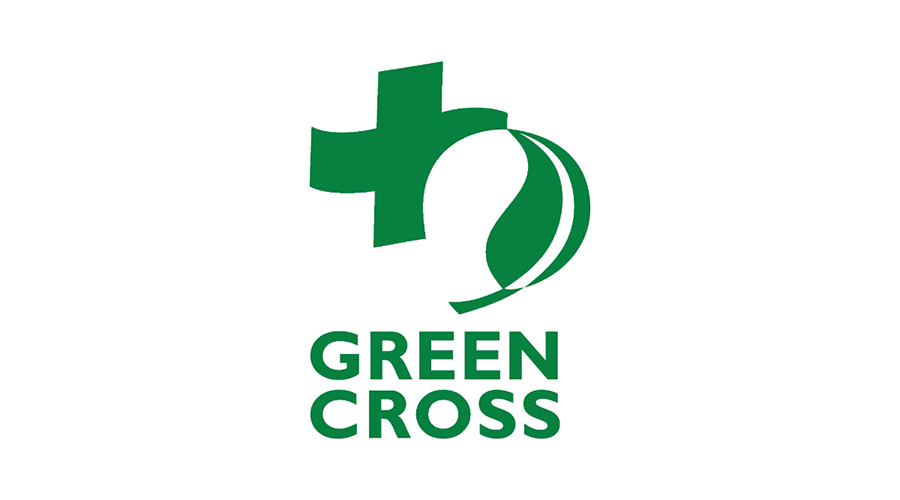Green Cross International (GCI) is an environmentalist organisation headquartered in Geneva, Switzerland, founded by former Soviet leader Mikhail Gorbachev in 1993. Today there are member organisations in 30 countries. Its primary mission is to “respond to the combined challenges of security, poverty and environmental degradation to ensure a sustainable and secure future”.
Green Cross International was founded by former Soviet leader Mikhail Gorbachev in 1993, building upon the work started by the 1992 Earth Summit in Rio de Janeiro, Brazil.
On 6 June 1992, the Rio Earth Summit delegates asked Gorbachev to establish Green Cross International, and around the same time Swiss National Council MP Roland Wiederkehr founded “World Green Cross”, with similar aims. The two organisations merged in 1993, becoming Green Cross International, which was formally launched in Kyoto, Japan, on 18 April 1993.
In 1994, the first Green Cross National Organisations (GCNOs) joined GCI in The Hague, including Japan, The Netherlands, the Russian Federation, Switzerland, and the United States.
Our Mission
The mission of Green Cross International is to respond to the combined challenges of security, poverty and environmental degradation to ensure a sustainable and secure future. We seek solutions through dialogue, mediation and co-operation.
To achieve this we:
● Promote legal, ethical and behavioural norms that ensure basic changes in the values, actions and attitudes of government, the private sector and civil society, necessary to develop a sustainable global community;
● Contribute to the prevention and resolution of conflicts arising from environmental degradation;
● Provide assistance to people affected by the environmental consequences of wars, conflicts and man made calamities.
What we do for the Planet
Changing values, we operate three initiatives under our Value Change programme:
● Education for Environmental Sustainability
● Promoting the values of the Earth Charter
● Organizing Earth Dialogues
Preventing and resolving conflicts over natural resources
● Green Cross works to prevent and resolve conflicts arising from environmental degradation and the growing demand for increasingly scarce natural resources with a focus on addressing the global water and energy challenges.
Addressing environmental consequences of wars, conflicts and man-made calamities
● We actively support global and national campaigns to the safe and environmentally sound elimination of weapons of mass destruction and also mitigate the social, health and environmental impacts of conflicts, as well as nuclear, chemical, and biological contamination.
Actively work for sustainability and prevent climate change.






